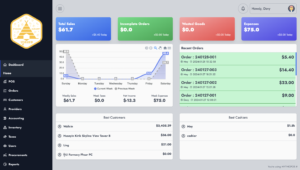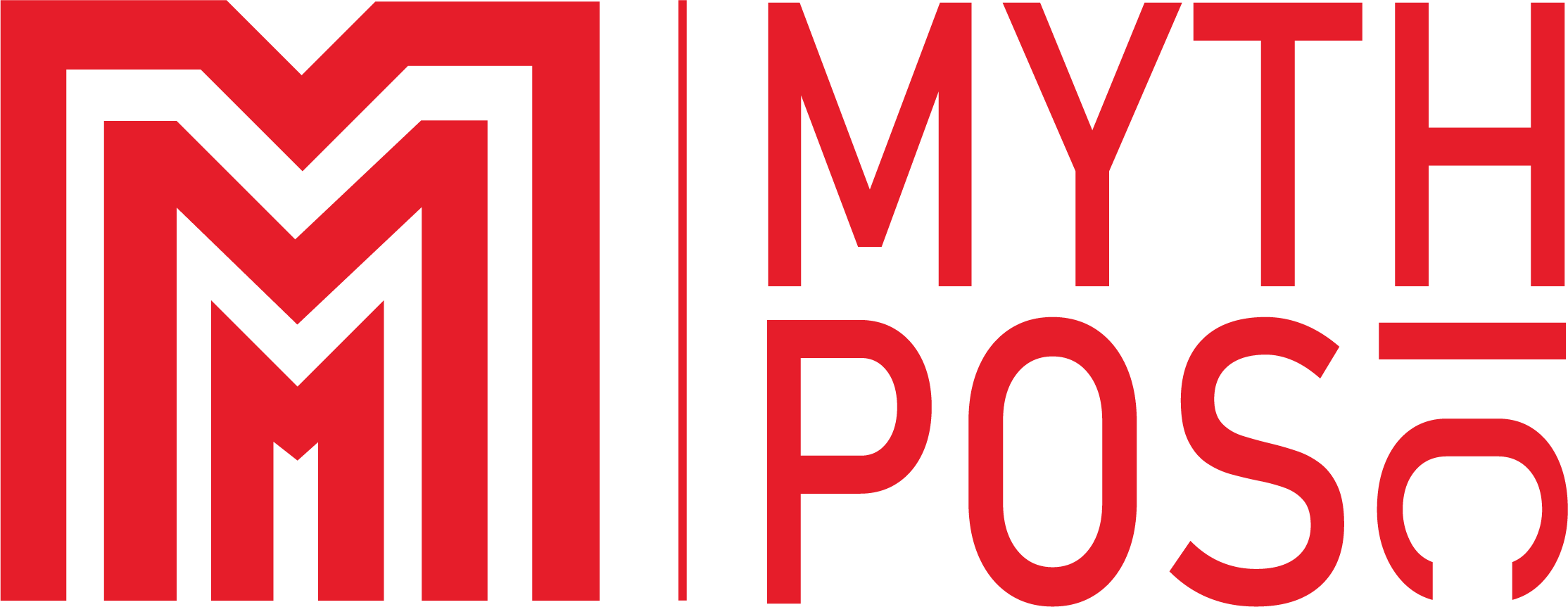Whether you’re a first-time small business owner or an established merchant, one of the biggest decisions you’ll make is selecting the right point-of-sale (POS) system. And it’s easy to get overwhelmed with all the offerings on the market now.
Today, we’ll share with you some of the most important questions you should ask yourself before selecting a point-of-sale system.
1) What is the state of your business?
Robust right POS systems are the workhorse of small businesses– the list of tasks they can perform is endless. They help you save your time and run your business better.
Track sale transaction, manage inventory and employees, and harness data provide to provide insight and inform decisions about customer purchasing behavior.
2) How much can you spend?

3) What are your business struggles, goals & pain points?

It’s an understatement to say that owning a business is hard work. This is especially true if you’re a first-time entrepreneur or if you haven’t received formal business education or training. Despite this, business owners remain optimistic.
A personalized point-of-sale system, such as MythicPOS, does more than just a sale machine. IT helps you achieve a new level of success by highlighting potential challenges and offering automated solutions.
Managing Inventory
Staying on top of your inventory is labor-intensive. Leverage your POS technology to track sales, returns, and restocking.
Analyzing the competition
Building your business using data. with MyThic Insights, you can use that info to understand your most profitable product and the health of your company.
4) What are key metrics business owners should track?

One of the biggest advantages that a point-of-sale system offers over the traditional cash register is data analysis. This information used to be costly, from a time and financial perspective for small business owners to obtain. a POS solution help put it right at your fingertips.
Most provide some insights, but the quantity and quality of that data varies. Ideally, you want a cloud-based POS that creates detailed sale reports across all your channels. It also should have a user-friendly dashboard that provides sales, cash, and inventory data in real-time.
Some of the key metrics that business owners should use their POS system to monitor include:
Product performance
Knowing which products are selling well can help you identify complementary products to cross-sell. Likewise, identifying weak-selling products can provide insight into inventory to avoid stocking in the future.
Repeat/VIP customers
Identifying loyal customers and catering to their preferences builds a strong foundation for your business. Utilize your POS to deepen the relationship through a loyalty program and personalized text offer.


